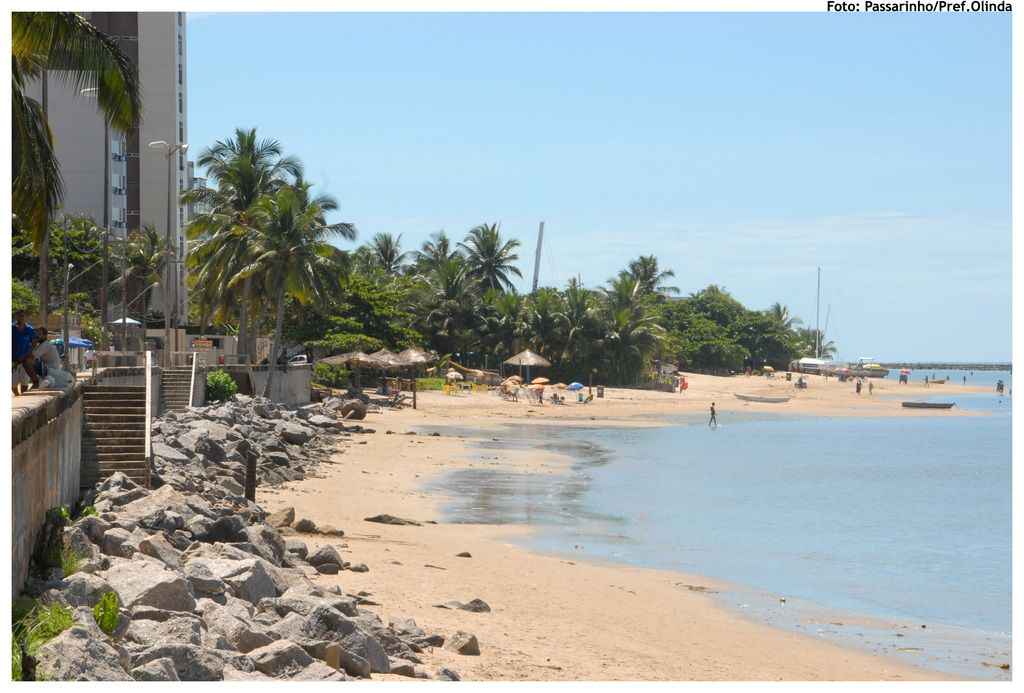Protecting Cognitive Ability: Adopting Mediterranean Diet and Active Lifestyle Could Offer Shield
A Fascinating Investigation: MedWalk Intervention for Brain Health
Researchers are investigating whether a person following the "MedWalk intervention" may be able to reduce the risk of cognitive decline and dementias, including Alzheimer's disease. "MedWalk" is a unique combination of a Mediterranean diet and regular walking.
Previous research has shown that both a Mediterranean diet and walking regularly have positive effects on brain health. This ongoing study aims to verify the benefits of the combined MedWalk intervention, conducted by researchers from Australia, New Zealand, and the United Kingdom. The study, initially planned for a two-year period, has been affected by the COVID-19 pandemic and is currently ongoing, with a modified follow-up period of one year.
Exploring Visual Memory and Learning
The primary focus of the authors is to examine the effect of the intervention on a 12-month change in visual memory and learning for participants. In addition, they are interested in observing improvements in mood, quality of life, health costs, cardiovascular health, arterial stiffness, and biomarkers associated with cognitive decline, such as glucose regulation, inflammation, nutrients, and oxidative stress.
Participants, aged 60 to 90, come from independent living retirement communities in South Australia and Victoria, with some recruited from the larger community due to the pandemic.
Supporting Older Adults in Making Lifestyle Changes
The MedWalk intervention involves a combination of dietary modification alongside a supervised walking regimen, fortified with psychosocial behavioral change techniques. Participants receive intensive support for the first six months, with additional help remaining available for the next six months to help them stay on track. The researchers provide instruction on the key components of a Mediterranean diet to help participants understand the concept behind this way of eating.
Combining Ancient Wisdom and Modern Research
According to Conner Middelmann, a certified nutritionist specializing in the Mediterranean diet, studies have suggested that following a Mediterranean diet is associated with fewer cases of dementia. Researchers in the MedWalk study are also investigating how walking may protect cognition, as it is associated with slower cognitive decline.
Together, the MedWalk intervention presents a practical, non-pharmacological approach to brain health maintenance, offering a promising alternative for managing cognitive decline and reducing the risk of dementia.
- The MedWalk intervention, a blend of Mediterranean diet and regular walking, is being investigated to potentially lower the risk of cognitive decline and dementias like Alzheimer's disease.
- The study, titled "MedWalk," is led by researchers from Australia, New Zealand, and the United Kingdom, with a modified follow-up period of one year due to COVID-19.
- The primary focus of the study is to examine the impact of the intervention on a 12-month change in visual memory and learning for participants.
- The research also intends to observe improvements in mood, quality of life, health costs, cardiovascular health, arterial stiffness, and biomarkers associated with cognitive decline.
- Participants in the study, aged 60 to 90, are sourced from independent living retirement communities in South Australia and Victoria, with some recruited from the larger community due to the pandemic.
- The MedWalk intervention consists of dietary modification combined with a supervised walking regimen, supplemented with psychosocial behavioral change techniques.
- Participants receive intensive support for the first six months, followed by additional help for the next six months to assist them in maintaining their new lifestyle changes.
- Researchers are exploring how the MedWalk intervention, scheduled to continue in 2023, could serve as a practical, non-pharmacological approach to brain health maintenance and a potential alternative for managing cognitive decline and reducing the risk of dementia.








